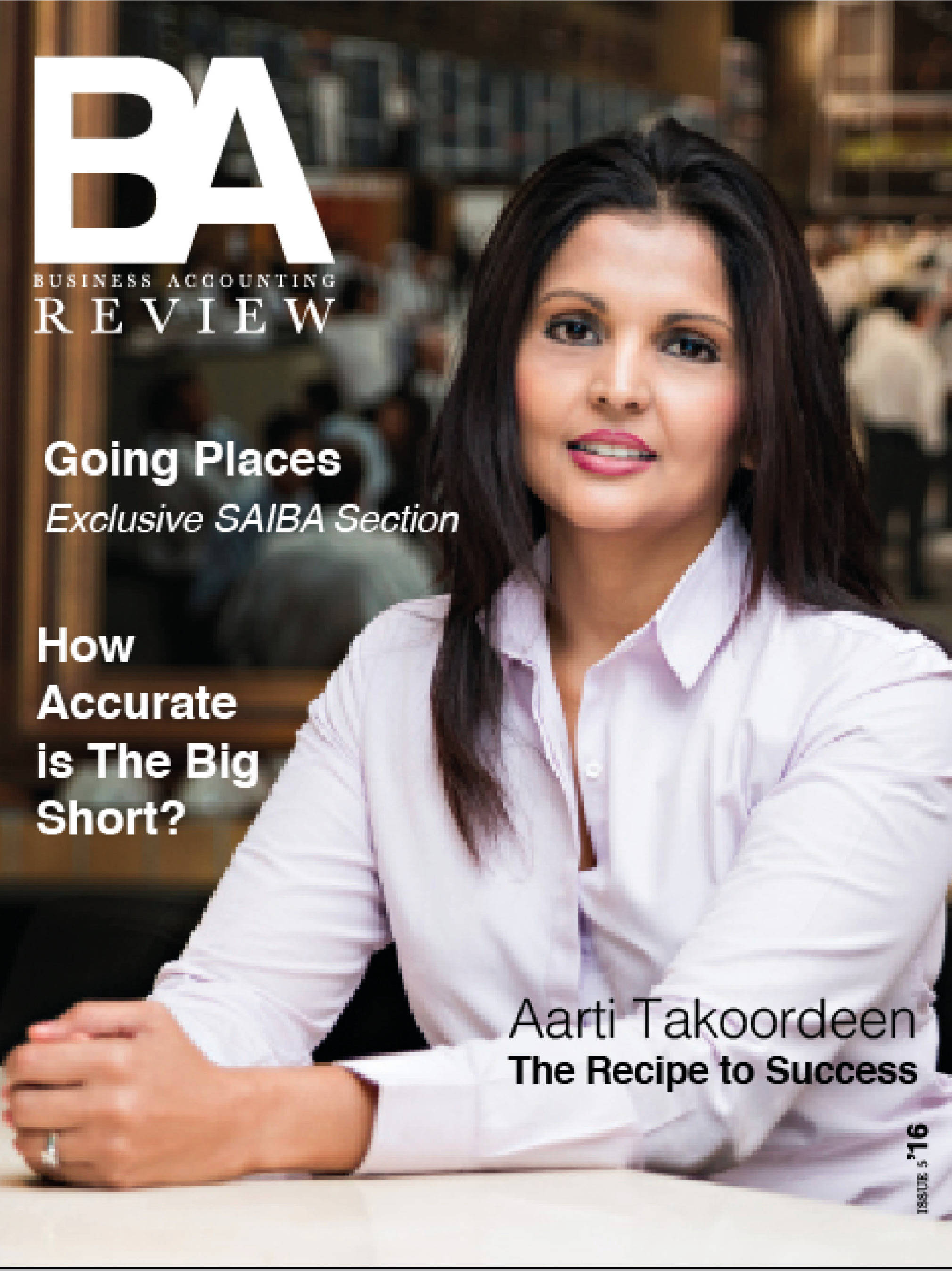CAPE TOWN - 15 SEPTEMBER 2017 - IN A SCHOCK turn of events, the KPMG SA leadership team resigned amid the Gupta leaks and conclusion of the KMPG International investigation.
Society believe it is too little too late, but the question is, how did this happen?
Nicolaas van Wyk, CEO of the SA Institute for Business Accountants and Africa area President of the Global CFO Forum IAFEI, is not surprised and says that "the KPMG- Gupta scandal is merely the latest of a series of scandals relating to the big 4 auditing firms in recent years."
"The global accounting firm scandals dates back many years. In recent history, the early 2000 Masterbond scandal gave rise to the establishment of the Independent Regulatory Board for Auditors (IRBA), which saw the creation of the Auditors Board separate from the SA Institute of Chartered Accountants."
Since its establishment separate from SAICA, IRBA regulated the auditing profession. However, the accounting sector remained unregulated, a sector in which auditing firms continued to provide advisory, tax and forensic services to clients. "This all put accounting and auditing firms in a precarious position with regards to their independence".
"In 2014, the UK industry watchdog issued a significant penalty of millions of pounds against Deloitte for refusing to apply the auditing standards of ethics and quality control to their consulting work related to MG Rover", says van Wyk.
According to the UK judgement, Deloitte "put their own interests ahead of that of the public and compromised their own objectivity" and found "no evidence to suggest the public interest" had been "considered adequately at all." According to the initial judgement Deloitte had failed to act in the public interest in its role as financial advisers to their client. Deloitte appealed the ruling and according to press reports "while the appeal tribunal agreed that had failed to properly manage potential conflicts of interest between the firm and its buyers, it did not see evidence that they had acted with deliberate disregard for their duties".
Considering the Deloitte UK matter in our context, a similar transgression has now been committed by KPMG SA.
"It is clear that the profession in its current form and regulatory regime is inherently conflicted", warns van Wyk.
The parliamentary portfolio committee on finance has taken the right step in siding with IRBA to authorise the mandatory auditor rotation.
"But this is not enough", says van Wyk.
"The profession has a stated and expected objective of acting in the public interest, whether it related to audit, accounting, tax, consulting or forensic services. We can no longer only pay lip service to this public expectation."
"This will require that we impose complete independence requirements. Firms should not be allowed to perform any type of assurance, including auditing, tax or forensic services to the same client. In other words, a firm should not be allowed to perform the tax or auditing work for a client, and also provide accounting and consulting work."
Government intervention is required in the profession, because organs of State are constitutionally bound to act in the public interest. This seems fairly obvious. Should this requirement not also apply to statutory licensed professional bodies and their members such as KPMG and Deloitte.
The importance of considering the public interest was already considered by the Constitutional Court when they issued judgement on the issue of extending government accountability requirements to third party providers (South African Social Security Agency // Cash Paymaster // All Pay). This view is supported by Thina Siwendu, director at Cliffe Dekker Hofmeyr: "…in terms of this decision, by tapping the state for contracts, a private company might soon find itself in a position where it has to disclose pertinent aspects around its operational and financial business to improve transparency and accountability…It seems the ambit of a private company's accountability reaches beyond the meaning and interpretation of "public interest" as well as its public interest score as narrowly defined in the Companies Act".
Accountants and auditors in effect receive a licence from the state to perform a specific legislative function i.e. issue a report on financial statements. As such, a question can be raised whether they are therefore subject to public scrutiny, transparency and accountability in the same manner as organs of State. The accountancy profession as a whole has voluntarily adopted a general public interest rule as a governing framework for all accountants.
According to the International Federation of Accountants (IFAC) a distinguishing mark of the accountancy profession is its acceptance of the responsibility to act in the public interest. Therefore, a professional accountant’s responsibility is not exclusively to satisfy the needs of an individual client or employer.
The voluntary acceptance by accountants to act in the public interest has some serious implications. On the one hand it provides support to the arguments that accountants and auditors, and their governing bodies, should receive special licences from the State to perform their work. For example, certain companies are required to be audited and only registered auditors may perform such work; only registered tax practitioner that belong to a private controlling body may perform tax work for the public. On the other hand, the public interest concept stretches far wider that just the preparation of financial statements as an accountant or the performance of an audit or completion of a tax return.
In the words of the UK regulatory, the Financial Reporting Council: "the decision will send a strong and clear message to all members of the accountancy profession about their responsibility to act in the public interest and comply with a code of ethics." If the UK approach is followed it means that accountants will have to act not in the best interest of their clients but in the interest of the broader community, and ultimately in a developmental state, the State itself. Alternatively, the profession will need to reconsider the extent of their commitment to the public interest rule. Clear guidance is needed prior to the enactment of legislation to regulate the accounting profession. The outcome will determine if accountants and auditors in effect become agents of the State or advisors to their clients.
END

